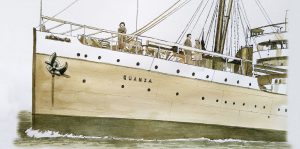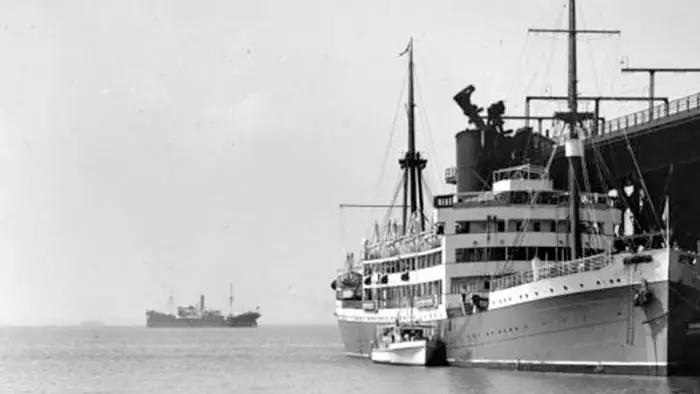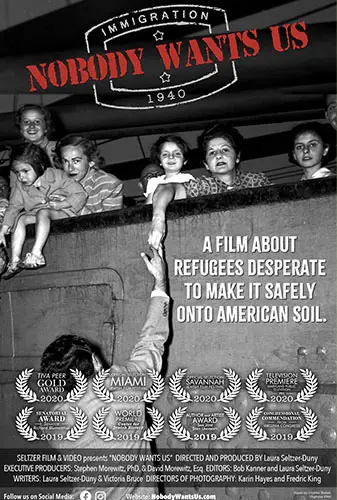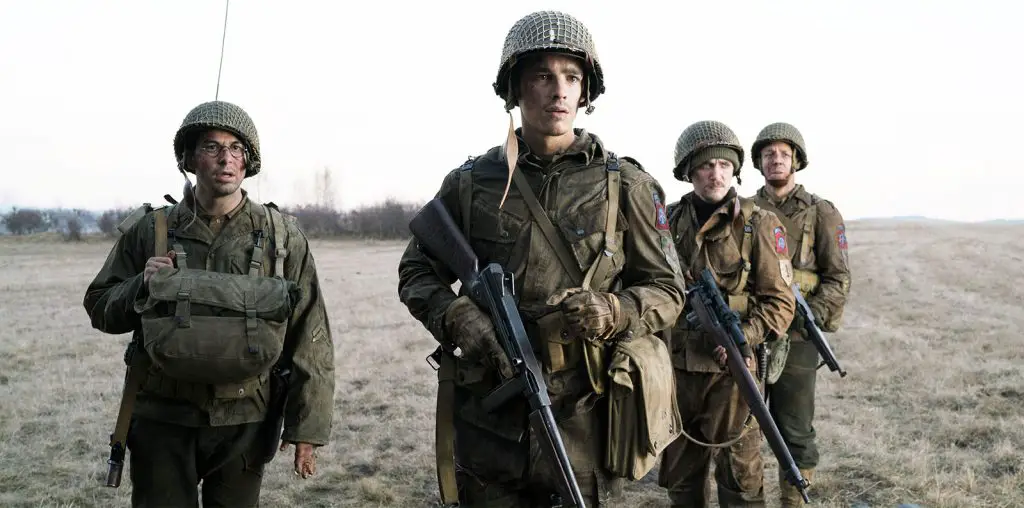
In September 1940, over 80 Jewish refugees were trapped on a steamship in the port of Hampton Roads, Virginia. They were hoping to be allowed on American soil—where millions of others in distress had safely landed before them, but there was a change in the sentiment towards refugees. The specter of war was looming, and America was turning away refugees at this critical time in history. Director Laura Seltzer presents Nobody Wants Us, a documentary that tells the story of people trying to find a safe place to go after fleeing from the German invasion of Belgium in World War II.
In 1940, when bombs rained on Belgium, Jewish residents left their homes and belongings and made their way on foot, for the most part, toward the border, to attempt to go to a place safe from Nazi terror: the United States. Some were able to pay exorbitant fees to board a ship called SS Quanza and sail West. They arrived in New York and were turned away, then to Veracruz, Mexico, where they were also rejected. As the ship’s captain made ready to return to Europe and repatriate his terrified passengers (knowing that to return would mean being sent to a camp, and nearly certain death. This exact scenario had played out with other ships), he stopped in Virginia to refuel and the situation caught the attention of people who rallied to save them.

“…the story of people trying to find a safe place to go after fleeing from the German invasion of Belgium…”
With the help of a tireless maritime lawyer, a State Department employee, and even First Lady Eleanor Roosevelt, they were eventually allowed to leave the ship, but they were the last refugees allowed into the United States before the US was pulled into the war, and few were accepted after that. Many refugees couldn’t make it out of Europe, and wound up in the camps. The film makes clear that we could have saved tens of thousands, possibly hundreds of thousands of lives if we’d have taken them here.
Documentaries, as has been noted before, often educate and enlighten us regarding events and times aren’t generally covered in school, particularly in U.S. schools. Perhaps there’s a desire to expose students first to the positive aspects of our country, and the less flattering details are prioritized down, and don’t make it into the limited time for curriculum. We need to know all about this country, so we know who we were, and that can inform our efforts toward who we should be.

"…a succinct, moving testament to the events that unfolded, with...interviews [of] passengers of the Quanza. "


